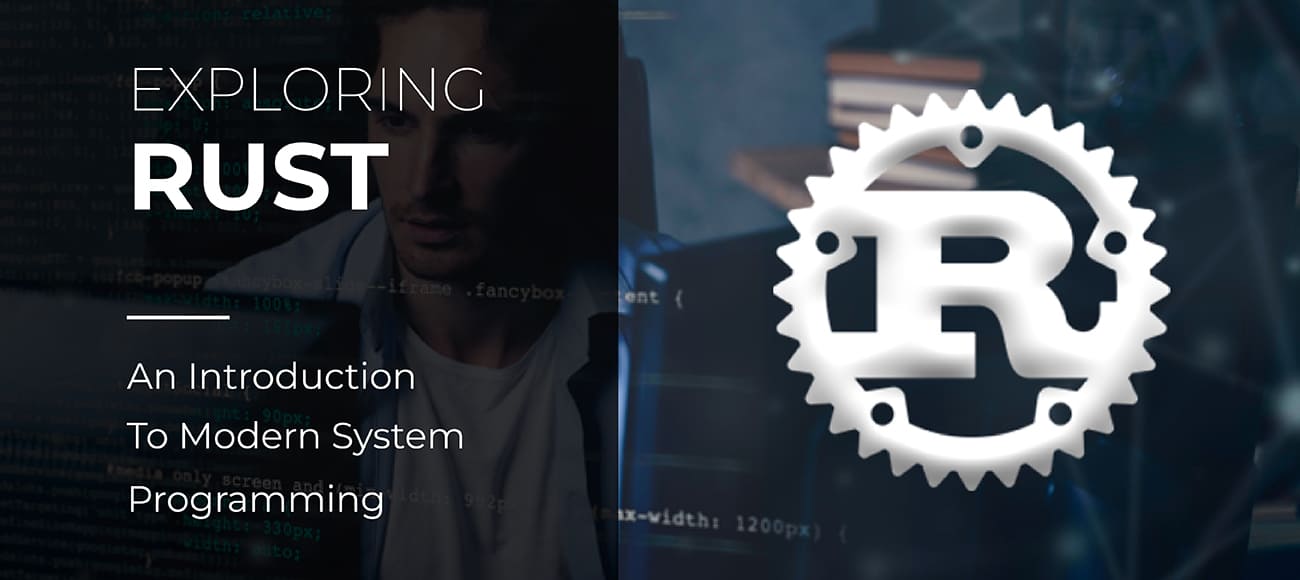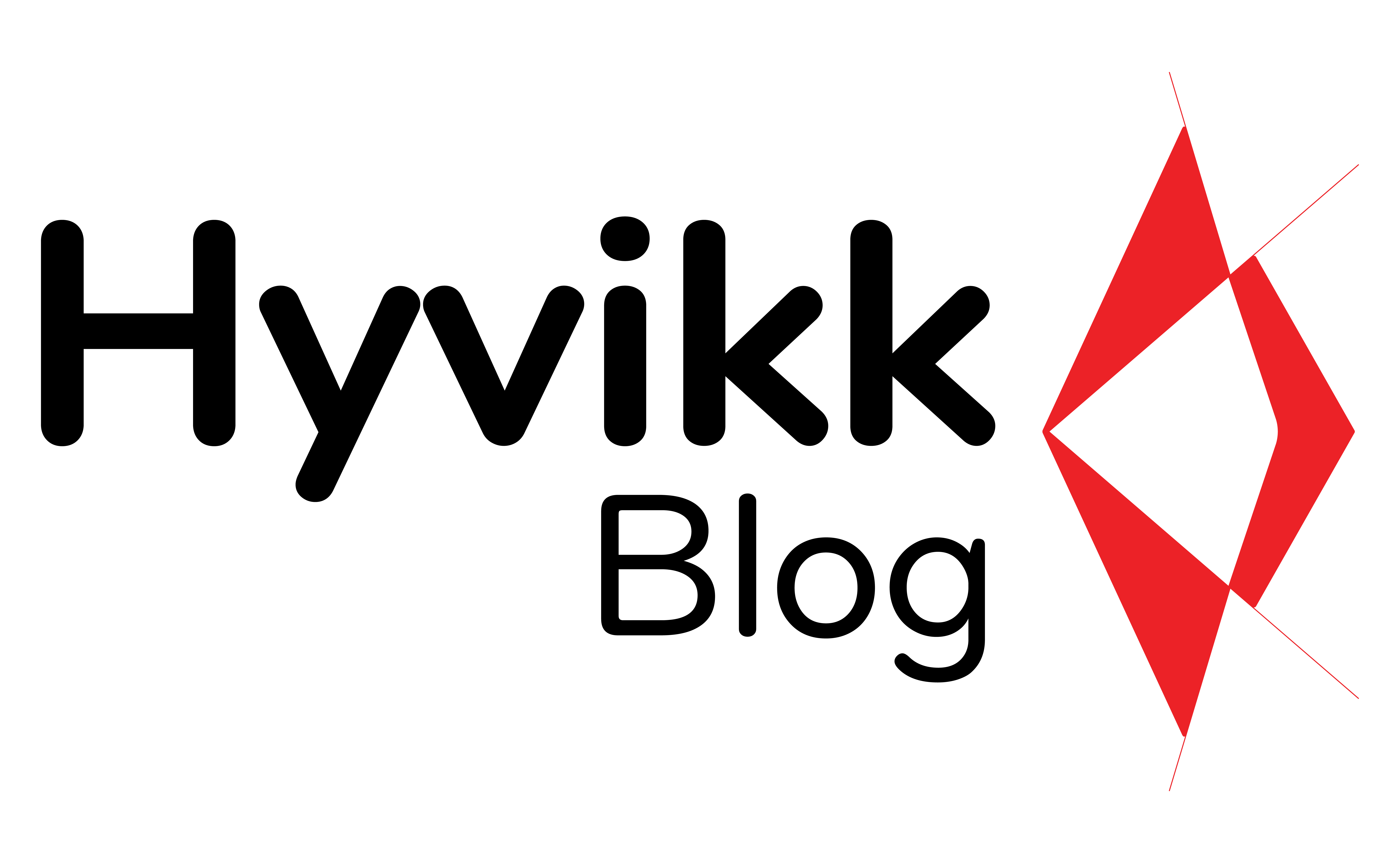
10 Aug Rust: Unleashing the Power of Safe and Efficient Systems Programming
In the vast landscape of programming languages, Rust has emerged as a formidable contender, offering a unique combination of safety, performance, and concurrency. Developed by Mozilla, Rust has gained popularity for its ability to deliver robust and efficient systems programming, making it an ideal choice for building reliable software applications. Hyvikk blog explores the features and advantages of Rust, highlighting its emphasis on memory safety, its powerful borrow checker, and its growing community support.
Features of Rust
- Safety
One of the most notable features of Rust is its emphasis on safety. Rust eliminates many common programming errors that can lead to crashes, data corruption, and security vulnerabilities. Rust’s type system and ownership model ensure that memory is managed safely and that code is free from null pointer dereferencing, dangling pointers, and other errors that can cause crashes.
- Performance
Another important feature of Rust is its focus on performance. Rust’s design and syntax allow developers to write code that can be optimized for speed and efficiency. Rust’s memory management model ensures that code is efficient, and its concurrency model enables developers to write concurrent code that is both safe and fast.
- Concurrency
Rust was designed with concurrency in mind. Rust’s concurrency model is based on the concept of ownership, which allows multiple threads to access data without risking data races or other synchronization issues. Rust’s ownership model also ensures that threads cannot modify data that is currently being accessed by another thread.
- Expressive Syntax
Rust’s syntax is expressive and easy to read, making it easy for developers to write and understand code. It is also designed to be familiar to developers who are already familiar with C and C++, making it easy to learn for those who are already familiar with those languages.
The Power of Memory Safety:
One of Rust’s most notable features is its strong focus on memory safety. Traditional programming languages like C and C++ provide developers with low-level control but often fall victim to memory-related bugs and vulnerabilities, such as null pointer dereferences and buffer overflows. Rust takes a different approach by enforcing strict rules at compile-time to prevent such errors.
Rust’s ownership system, based on the concept of borrowing, ensures that memory is managed safely. Every value in Rust has a unique owner, and ownership can be transferred or borrowed through the use of references. The compiler analyzes these borrow relationships to ensure that there are no data races or dangling references, eliminating many common bugs at compile-time.
The Borrow Checker: Balancing Safety and Performance
At the heart of Rust’s memory safety guarantees lies its powerful borrow checker. The borrow checker analyzes the code to ensure that references and data are used correctly, preventing common issues like use-after-free or data races.
While the borrow checker can be strict and require some additional code annotations, it ultimately provides developers with peace of mind, knowing that their code is free from memory-related vulnerabilities. Additionally, Rust’s ownership model eliminates the need for garbage collection, resulting in predictable and efficient resource management without sacrificing performance.
Concurrency Made Easy:
Rust embraces the challenge of concurrent programming, offering built-in abstractions and features to simplify the development of concurrent systems. The ownership system, which ensures memory safety, extends its benefits to concurrent code, preventing data races and other concurrency bugs.
Rust provides lightweight threads called “tasks” that can be executed concurrently. These tasks are designed to be safe and efficient, thanks to Rust’s ownership model. Additionally, Rust’s “async/await” syntax and the async/await pattern make it easier to write asynchronous code, enabling developers to create highly concurrent applications.
Growing Community and Ecosystem:
The success of any programming language is often intertwined with its community support and ecosystem. Rust has gained significant traction in recent years, attracting a vibrant and passionate community of developers. This community actively contributes to the language’s development, creates libraries and frameworks, and provides support through forums and online resources.
The Rust ecosystem boasts a rich collection of libraries and tools that empower developers to build a wide range of applications. From web development frameworks like Rocket and Actix, to game development libraries like Amethyst and ggez, Rust offers a diverse ecosystem that continues to expand.
Applications of RUST
Applications of Rust span a wide range and include:
- Web Development
Rust is used in web development to build fast and reliable web applications. Rust’s speed and safety make it ideal for developing web applications that require high-performance and security. Rust’s concurrency model also makes it easy to write web applications that can handle a high volume of concurrent requests.
- Systems Programming
Rust is commonly used in systems programming to develop operating systems, device drivers, and other low-level software applications. Rust’s ability to manage memory efficiently and its focus on safety make it ideal for developing systems software that requires low-level control over system resources.
- Game Development
Rust is also used in game development to build high-performance games that require low-level control over hardware resources. Rust’s ability to manage memory efficiently and its support for concurrency make it ideal for developing games that require high-performance and reliable code.
Conclusion:
Rust has emerged as a powerful programming language, offering a unique combination of memory safety, performance, and concurrency. By enforcing strict rules and leveraging its ownership system, Rust eliminates many common bugs and vulnerabilities at compile-time, providing developers with robust and efficient systems programming capabilities. With a growing community and a vibrant ecosystem, Rust is poised to continue its ascent as a language of choice for building reliable and high-performance software applications.

Sorry, the comment form is closed at this time.